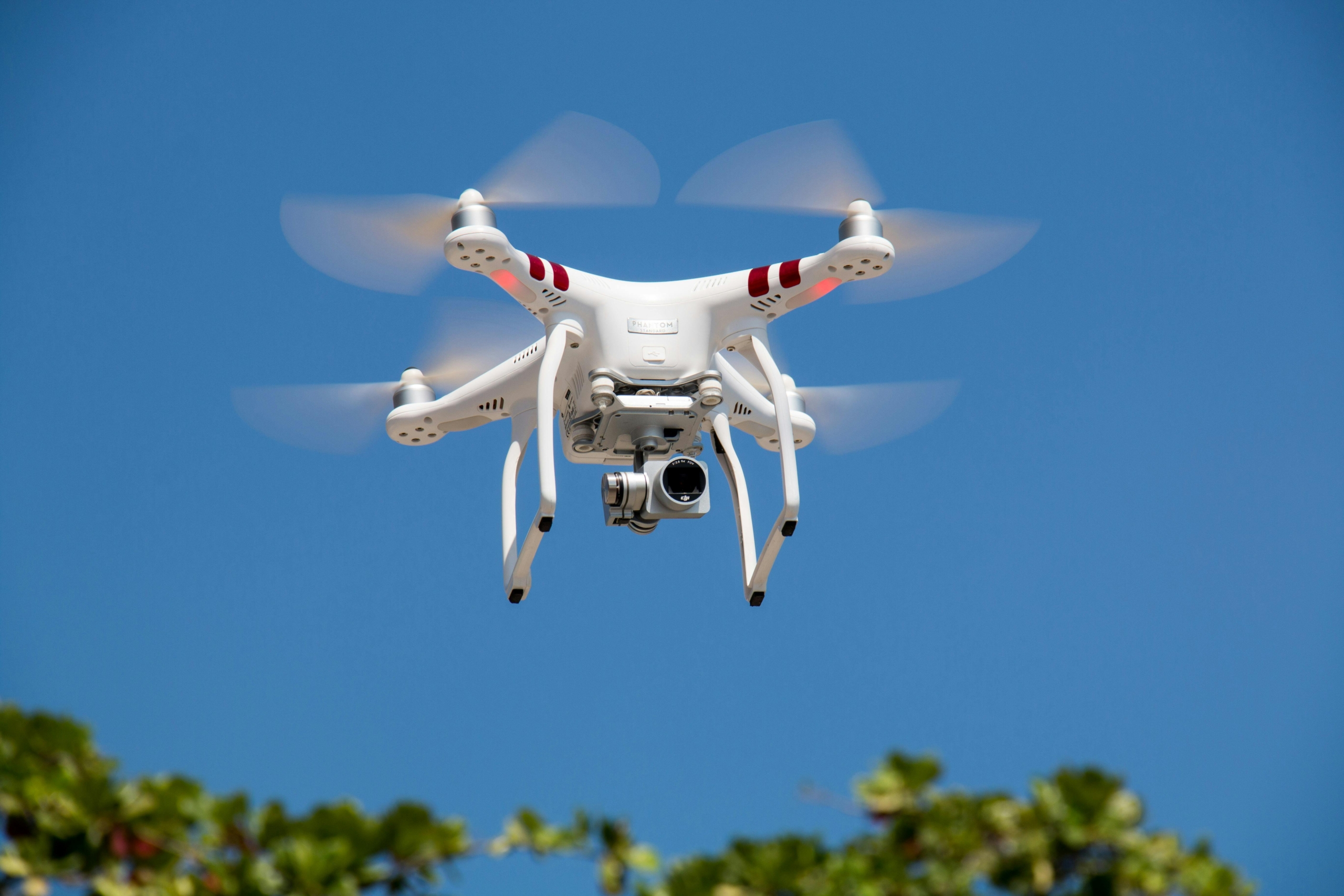3 Ways Drones Bring Aid to the Democratic Republic of Congo
 The Democratic Republic of Congo (DRC) is one of the poorest nations globally, with approximately one out of six people living in extreme poverty. An innovative approach to addressing poverty in the DRC involves utilizing new technologies to support vulnerable communities. Drones were introduced into the DRC’s weaponry service in February 2013. However, they have been used in numerous ways other than for weaponry usage.
The Democratic Republic of Congo (DRC) is one of the poorest nations globally, with approximately one out of six people living in extreme poverty. An innovative approach to addressing poverty in the DRC involves utilizing new technologies to support vulnerable communities. Drones were introduced into the DRC’s weaponry service in February 2013. However, they have been used in numerous ways other than for weaponry usage.
However, they have been used for various purposes beyond military applications. The DRC is using drones to protect and secure its land. This is in the hope of reducing any potential conflicts and ensuring those who are vulnerable feel safer within the community. The government is also utilizing drones to support precision agriculture by monitoring farming regions and delivering medical supplies quickly and efficiently to isolated areas.
Improving Land Tenure and Women Empowerment
Kinshasa, the capital of the DRC, has been actively using drone technology to protect its land and assist vulnerable communities. Many of the city’s residents are women who serve as the primary providers for their families. In Kasangulu, a small city in Kinshasa, the pressure on land has been increasing. Additionally, the lack of clarity regarding land ownership has led to several conflicts.
To combat this, drones have been deployed using a pilot initiative conducted by IRDAC SARL, a local cartography group that was trained on how to effectively use drones and analyze the data received. One of the main aims of this project was to increase women’s awareness of the importance of securing land and knowing their property rights in the hopes of easing any future conflict. The use of these digital tools has supported this community and made it a safer environment for everyone in Kinshasa.
Assisting Local Farmers
Another way drones are used in the DRC is to monitor local farming areas and apply precision agriculture methods to increase crop production and reduce resource waste. Precision agriculture uses remote sensing data, including images and analyzed information collected by drones. This information is used to assess the required amount of water, fertilizers and more.
Although this method may be a popular and mainstream process in some areas, in the DRC, it has improved the farming economy massively. However, considering there are about 140,000 local farmers in the DRC, they still require continuous support to improve crop productivity. Using drones to target specific areas and allocate resources will significantly benefit the farming industry.
Providing Delivery Services to Medical Facilities
In 2019, Swoop Aero and VillageReach began a partnership to improve the distribution of medical supplies and vaccines for the DRC by setting up the Drones for Health Program. These drones provide delivery services to 70 medical facilities in isolated and hard-to-reach areas in case of emergencies. Currently, they cover 22,000 square kilometers of the DRC, serving more than half a million people. Since 2020, the drones have distributed 16,000 vaccines, bringing much-needed services and aid to the Democratic Republic of Congo.
According to Swoop Aero, this has allowed 620 children to be vaccinated for several life-threatening diseases. Another advantage of using drones is the speed at which they can improve the delivery time for medical supplies. According to Swoop Area’s analysis, a 90-minute boat journey has been reduced to just 12 minutes by drone. The importance of drones is explicit in the medical field. Although drone technology is a new innovator, it is making positive strides forward.
Final Remark
It is still too soon to tell if drones will become a staple in conventional everyday activities and bring aid to the Democratic Republic of Congo. Yet, it is evident that drones have improved the efficiency and productivity of the country. This new technology will still be analyzed, researched and put into practice to find the best solution to the problems in protection, agriculture and medicine. However, for now, drones still need the recognition that they deserve for the amazing uses that they bring.
– Charlotte Johnston
Charlotte is based in London, UK and focuses on Technology and Solutions for The Borgen Project.
Photo: Pexels
